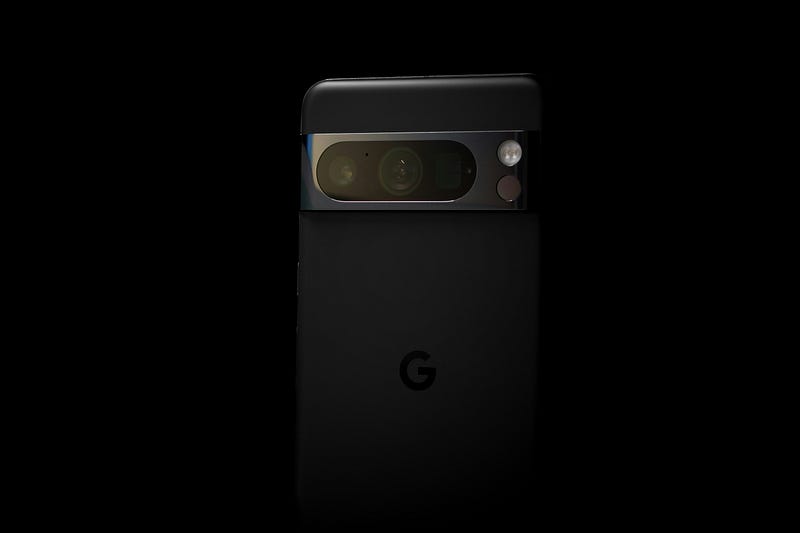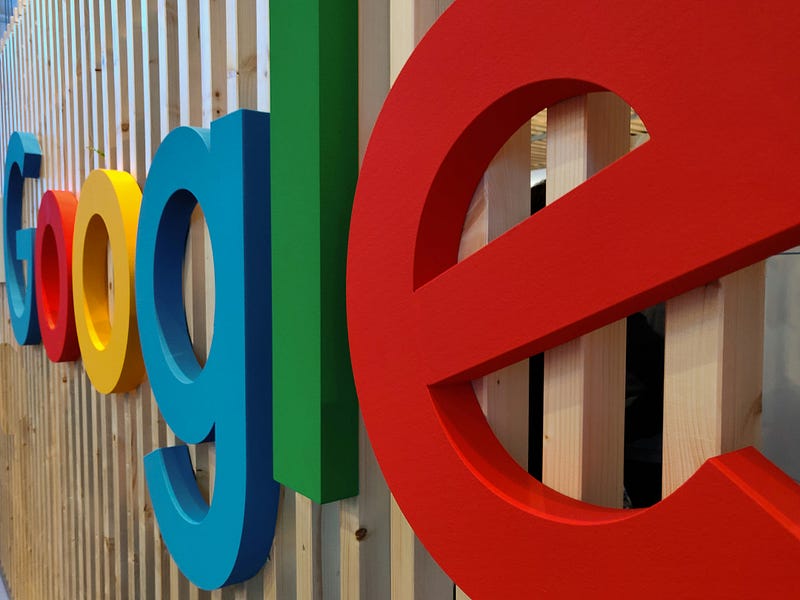
Brace yourselves, dear readers, for a whirlwind tour through the captivating and tumultuous realm of Google’s AI and smart device endeavors. As the tech giant forges ahead, shattering boundaries and redefining the limits of artificial intelligence, a Pandora’s box of groundbreaking innovations and controversies has been flung wide open, leaving us equal parts awestruck and apprehensive.
Imagine a world where AI transcends its role as a mere tool, evolving into an entity capable of natural, nuanced conversations that blur the lines between human and machine interaction — a tantalizing prospect that simultaneously instills wonder and trepidation.
So, buckle up and prepare to delve into the heart of Google’s AI endeavors, where the pursuit of technological advancement collides head-on with ethical quandaries and internal discord, creating a perfect storm of intrigue and contention.
AI on the Rise: Google’s Groundbreaking Advancements
At the forefront of Google’s AI revolution stands LaMDA 3.0, a Language Model for Dialogue Applications that has sent shockwaves through the tech world. This advanced AI system is designed to hold more natural and nuanced conversations, challenging our very perceptions of what it means to engage with an artificial intelligence.
But that’s not all — whispers of Project Bard, Google’s foray into AI-powered music generation, have ignited a firestorm of speculation and debate. This bold venture promises to revolutionize the very art of music creation, but it also raises thorny questions about copyright, artistic control, and the very nature of human creativity.
Imagine a world where AI not only assists but actively participates in the creative process, blurring the lines between human expression and machine-generated art — a prospect that fills some with wonder and others with trepidation.
As if these groundbreaking advancements weren’t enough, Google has set its sights on the smart home realm, integrating advanced AI into its Nest Learning Thermostat. This innovative device promises to anticipate your needs and optimize energy usage, ushering in a new era of seamless home automation and efficiency.
The Dark Side of AI: Ethics, Bias, and Internal Upheaval
Yet, for every groundbreaking achievement, a shadow of controversy looms large. Google’s handling of AI ethics has come under intense scrutiny, with former employees speaking out about potential biases in AI algorithms and a lack of transparency in their development.
The Project Maven controversy, in which Google’s involvement in developing AI for military use sparked outrage from employees and the public alike, serves as a stark reminder of the complex ethical dilemmas that companies must navigate as they venture into the realm of artificial intelligence.
Imagine a world where AI, once heralded as a tool for progress and innovation, is weaponized and deployed in theaters of war — a chilling prospect that forces us to question the very boundaries of technological advancement.
And the turmoil doesn’t end there. Internal disagreements over the direction of AI research and development have led to high-profile departures from Google’s AI teams, exposing the deep fissures and philosophical divides that exist within the company’s ranks.
Beyond AI: Google’s Devices in the Spotlight

But Google’s ambitions extend far beyond the realms of artificial intelligence. The tech giant has set its sights on the highly competitive world of consumer devices, with rumors swirling about the impending release of the Pixel Fold — Google’s entry into the foldable phone market.
Meanwhile, the Pixel Buds Pro wireless earbuds have already made waves, garnering praise for their sound quality and noise cancellation features, positioning Google as a formidable contender in the highly competitive wireless earbud market.
And let’s not forget the ongoing battle for smart speaker supremacy, where Google continues to trade blows with Amazon, vying for dominance in the voice-controlled smart home arena. With the Nest Audio and the upcoming rumored Nest Hub (3rd Gen), Google is determined to maintain its foothold in this rapidly evolving market.
The Future of Google AI and Devices: Navigating the Minefield

As Google continues to forge ahead, pushing the boundaries of artificial intelligence and smart device innovation, one thing becomes abundantly clear: navigating the ethical and social implications of these advancements will be a minefield, fraught with pitfalls and potential landmines.
Addressing staff concerns and fostering open discussions about AI ethics will be paramount if Google hopes to maintain its position as a leader in this rapidly evolving field. The company must strike a delicate balance between technological progress and ethical responsibility, ensuring that its AI systems are developed with transparency, fairness, and accountability at the forefront.
Imagine a world where AI is not just a tool for innovation, but a force that shapes our very understanding of what it means to be human — a world where we must grapple with the profound implications of our own creations, lest we lose sight of the ethical and moral boundaries that once guided us.
As Google’s AI and smart device offerings continue to generate headlines and shape the future of technology, one thing is certain: this is a space that will remain a hotbed of controversy and innovation, where each groundbreaking achievement is met with equal parts awe and apprehension.
So, dear readers, brace yourselves for a rollercoaster ride through the tangled web of Google’s AI and device endeavors, where the line between progress and pandemonium is razor-thin, and where the future of technology hangs in a delicate balance. Keep your eyes peeled and your minds open, for this is a story that is far from over.
